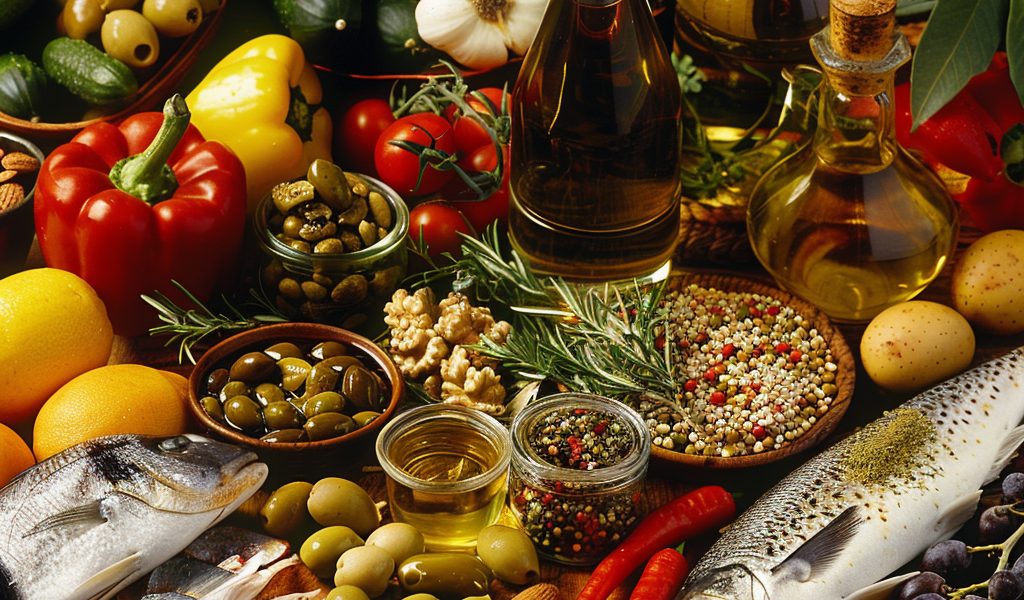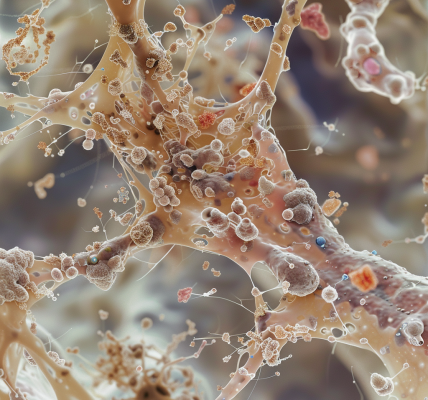In a recent study published in the journal Nutrients, researchers in Australia reviewed the evidence on the Mediterranean diet (MD) and cardiovascular health outcomes in females.
Cardiovascular disease (CVD) is the primary cause of death among females worldwide. Nutrition plays a pivotal role in modifying cardiovascular risk factors and alleviating CVD risk. The MD is internationally the most recommended diet, characterized by high consumption of plant foods and mono-unsaturated fats, moderate fish, seafood, and dairy intake, and low red/processed meat intake. The present study reviewed the current knowledge on the impact of MD on CVD prevention in females.
Cardioprotective benefits
Research suggests cardioprotective advantages due to the synergistic effects of the main food components in the MD. The MD is associated with improved lipid profile, blood pressure, vascular function, oxidative stress, and inflammatory markers. Studies suggest that the lipid-lowering effect of the MD might result from the (higher) intake of mono- and poly-unsaturated fats from plant foods and fish.
Increased consumption of phytosterols and fiber may also help in cholesterol absorption. Moreover, antioxidants, minerals, and flavonoids, which exert anti-inflammatory effects and decrease oxidative stress, are abundant in the MD. Besides, increased antioxidants may reduce reactive oxygen species while increasing the bioavailability of nitric oxide, thereby improving blood pressure and vascular function.
Sex-specific nutrition mechanisms
Biological sex is a significant factor in cardiovascular outcomes. The mechanistic interactions between the MD and sex remain unclear, with limited studies investigating this relationship. A pilot study revealed sex-dimorphic responses to the MD; specifically, MD-adherent females showed upregulation of apolipoprotein E and angiotensin-converting enzyme compared to males.
Animal studies have also reported sex differences in the gut microbiome, metabolism, and hormonal interactions. For instance, male mice fed a high-fat diet showed higher insulin resistance and weight gain, whereas females exhibited an increased abundance of beneficial microbes. Evolutionary pressures on dietary behavior, nutritional requirements, and physiology may explain the relationship between dietary patterns and sex-specific responses.





